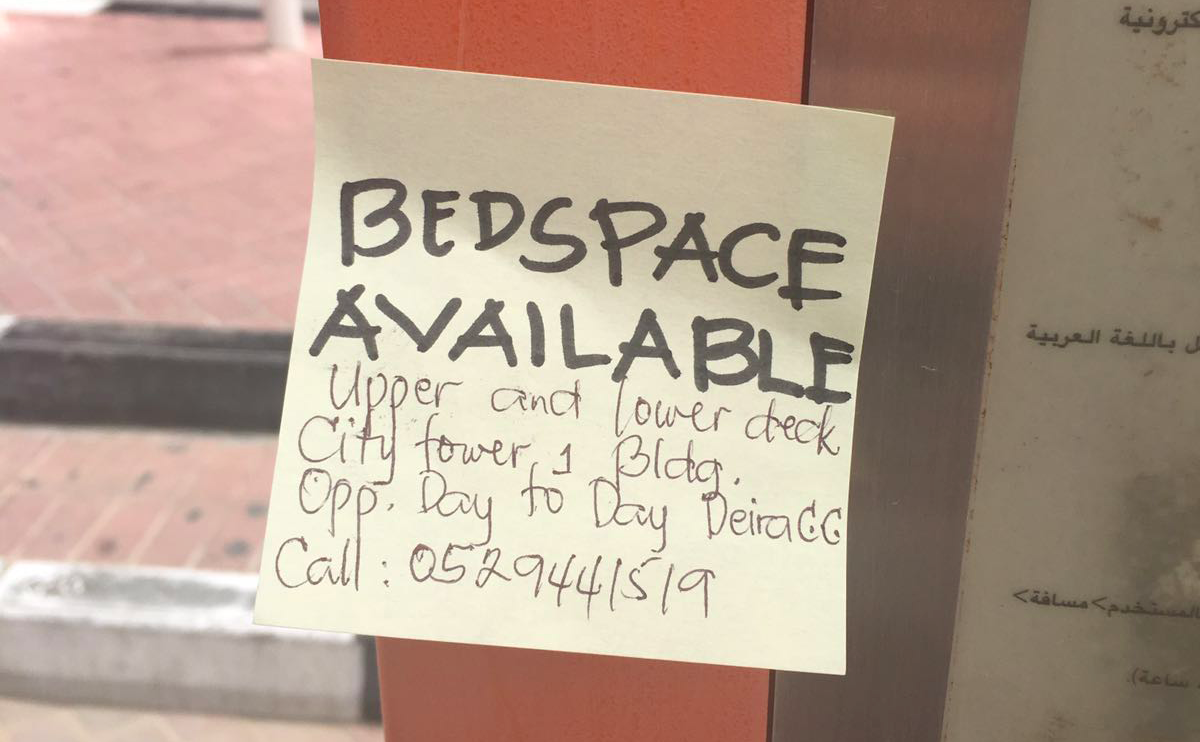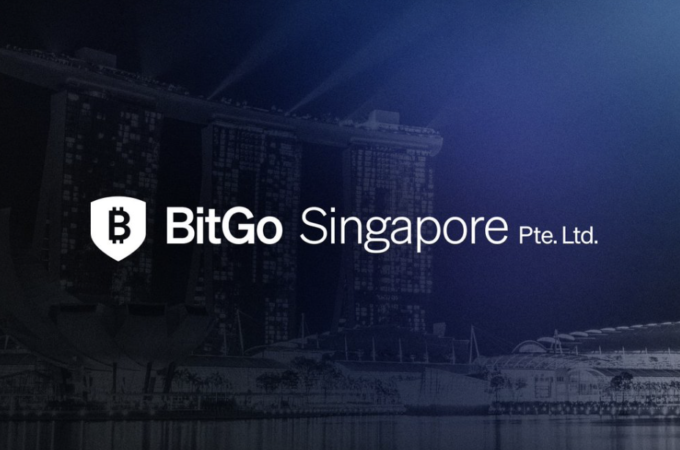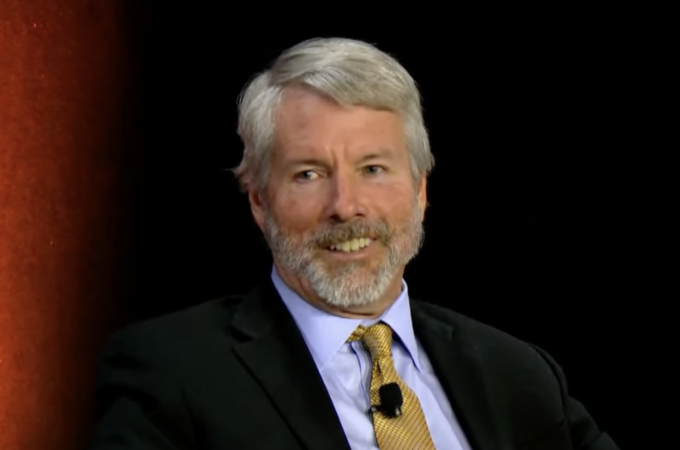
Innovation in the Middle East: 48 things I learned while designing a new bank in Dubai
By Alice Wilkie
This spring I was part of a Fluxx team that spent three months in Dubai designing a challenger bank for a big local player. I learned a lot…
- One woman we met carried a photo of her signature on her smartphone, so she could copy it exactly every time she signed a cheque. Signatures on paper cheques are still a huge part of doing business in Dubai.
- Having an inconsistent signature can be expensive — here’s a story about a tenant fined AED5000 (over £1000) when a cheque was refused because his signature looked irregular — despite having plenty of money in his account.
- Pre-written or blank cheques are used as a guarantee of payment and security for the payee. Rent is paid with post-dated cheques, loans are guaranteed with a cheque for 150% of the loan amount. Some spoke of leaving parents at home in India with a stack of blank signed cheques to cover bills and expenses.
- In 2012, Al Hilal Bank launched a credit card with a built-in digital compass and e-ink display. When you push a button, the card indicates the direction to the Qibla (in Mecca). The promotional video is fantastic. [YouTube]
- Al Hilal also launched a scented credit card in 2015, and are famous for offering personalised account numbers — a flashback to the License Plate Boom during the noughties, when Saeed Abdul Ghafour Khouri paid $14m for Dubai license plate “1”.
- The government has a very useful smartphone app that brings together 50 government services, from parking to visa applications. It was designed in the Dubai government’s own Customer Experience Lab. [iTunes]
- There are 52 different banks in the United Arab Emirates.
- Anyone living in Dubai needs an Emirates ID card. To get one, you need to prove you don’t have HIV or TB. The Emirates ID has a SDK (Software Development Kit) to allow developers to integrate it into their systems. [sdk.emiratesid.ae]
- One bank has already used the Emirates ID SDK to let customers use cash machines and withdraw money using just their ID card, instead of their bank card. [Binsal Abdul Kader]
- Dubai is still a cash economy. We saw people making large purchases with handfuls of cash. 22% of residents don’t have a debit card, and 37% use their card just once a week or less. [Khaleej Times]
- Non-muslim Dubai residents who want to buy alcohol or drink it at home need a Liquor Licence, available from local off licences. Married women who want a licence need a ‘No Objection Certificate’ signed by their husband, if they don’t work.
- Dubai’s homogenous climate and modern road system make it an easier target for driverless cars than many places — one reason why Sheikh Mohammed has set a target of 25% of journeys driverless by 2030. [Will Oremus]
- All drones have to be licensed in Dubai [Govt of Dubai], but the Prime Minister’s office also runs an annual Drones for Good competition with a $1m prize.
- Some Emirati bachelors have three different phones. Family & friends, work and play.
- People we met often had multiple smartphones for different activities and different social groups; “That’s for my photos, that’s for my Syrian friends”
- The Emir has a force of mystery shoppers, who “pose as prickly members of the public seeking the government’s help. Their reports are instrumental in firings and promotions. No bureaucrat can be sure the demanding customer across the counter isn’t secretly reporting to the boss.” [Tyler Cowen, quoting Jim Krane’s book City of Gold]
- Using post-dated cheques for rent means that rent is paid in advance for the whole year. Some landlords will require the entire rental amount to be paid in one cheque, while others will allow for 2–4 cheques. It is very rare to find a landlord who will allow for a monthly rent amount to be paid. You can also negotiate the number of cheques you will pay, however the rental price may increase with the number of cheques.
- Direct Debits were only launched in Dubai in October 2013. [Saifur Rahman]
- Arab expats (from countries like Iraq, Iran, Lebanon, Syria, Jordan and Kuwait) report being amazed by the ATM machines in Dubai, because “they work, and you can use them to pay for things.”
- We met people who used the transfer tools in Dubai ATMs just like we’d use online banking. One woman chose her bank because it allowed her to pay her son’s school fees through the ATM.
- In Dubai, people often choose their bank because it’s the bank their employer uses. If you’re both HSBC customers (for example) you get your money immediately on pay day. If your own bank is different, it can take two days or more for the money to transfer across.
- A few Dubai service translations:
JustEat = talabat.com
Amazon = souq.com
Compare The Market = compareit4me.com
Skype = IMO
Netmums = Expatwoman.com
foruGumtree = chitku.ae - The World Expo in 2020 is expected to create 277,000 jobs in Dubai. That’s remarkable, given that the current workforce is just 1.3m people. [Rory Jones]
- Professional migrant workers arriving in Dubai usually live in ‘Executive Bedspaces’. These are bunk beds (“Upper and lower deck”) in flats converted into ad hoc dormitories like this one, advertised on Chitku as “Executive bed space for Bachelors of all Nationalities” for AED750 (£155) a month.
- The Blackberry Messenger app is popular in Dubai for communicating with people in India or Arab countries who still use Blackberry handsets.
- One of the most popular mainstream credit cards is the Skywards card from Emirates NBD, which has a big picture of a Airbus A380 on the front and lets the holder earn Emirates air miles whenever they spend with the card. It’s a good sell for a community regularly doing the hop between India and Dubai.
- There are multiple and inconsistent rules about signing cheques; some banks now demand two signatures on the front and one on the back.
- Urban lore claims that 60% of prisoners in Dubai jails are there for passing cheques that bounced, but we couldn’t verify that number. The number will be falling, as rules were changed in 2013, after a hunger strike among foreign inmates who had been jailed for passing bad cheques. Still, boxer David Haye was detained at the airport last year after writing a £341,000 check that bounced [Lucy Crossley] .
- 88% of the population of Dubai are expats. 53% are from India, Bangladesh and Pakistan, 20% are from Arab nations and 5% from the USA and Western Europe.
- In February 2016, Ohood Al Roumi was appointed Minister of Happiness. In the 2015 World Happiness Report rankings, UAE was at number 20, sandwiched between Britain (21) and Belgium (19). [Sheena McKenzie]
- The head of Smart Dubai says: “We aim to offer sustainable happiness to the residents of Dubai in line with the directives of His Highness Sheikh Mohammed… who has stated that ‘Making people happy is a task that can’t be delayed’” [Khaleej Times]
- Dubai only started building their Metro system in March 2006. It now has 49 stations, with 26 more planned.
- The Metro has pink women-only carriages; every day, almost 100 men are fined AED100 (£20) for entering these carriages. [Ramola Talwar Badam]
- Dubai contains the world’s largest building, airport, mall, aquarium and artificial island and the world’s tallest hotel.
- At the height of the noughties construction boom, 24% of all the construction cranes in the world were working in Dubai (that’s 30,000 cranes).
- Dubai is now planning to build a mountain. They’ve paid $400,000 for the US National Center for Atmospheric Research to look at the feasibility of building a mountain to create rain. It might be rather expensive; a speculative architectural project to build an artificial mountain in Holland would have cost $432bn. [Linda Poon]
- All the sand used in construction and on the beaches is imported. Wind-formed desert sand is too fine for either of those uses. [Renuka Rayasam, BBC] In 2003, Dubai bought 3,000 tonnes of sand from Lancashire, to form the surface of a horse riding arena [Nicole Martin].
- Eyebrow threading, manicures and pedicures are more expensive than in the UK, but a hair-cut and blow-dry is cheaper. We’re not sure why.
- “Lady bras” and “panties” are commonly used terms for women’s undergarments in launderettes.
- Taxi drivers are protected by the Sheikh, and you can get into serious trouble if you are rude to them.
- If a man winks at a woman, or behaves flirtatiously, women are within their rights to call the police to have him arrested or fined.
- It is illegal to take photographs of, or film, Emirati without their permission.
- It is rude for a man to reach out to shake an Emirati woman’s hand, and therefore should only do so if she gestures to first. (This is how to do it)
- For AED860 (£175) you can meet Penguins) at Ski Dubai, a 22,000 square meter ski resort in a shopping centre.
- There are lots of reports about abandoned supercars being a litter problem in Dubai, but we didn’t see any. [MessyNessy]
- The Dubai Police do have a fleet of supercars that are normally used in parades, including a $1.5million Bugatti Veyron [Ali Al Shouk]
- There are three branches of Waitrose in Dubai, and all sell a wide range of pork products including bacon and pate. Some people are not happyabout this. [GeordieArmani]
- UAE are launching a probe to Mars in July 2020 [Emirates Mars Mission]
Alice Wilkie is a Consultant at Fluxx, a company that uses experiments to understand customers, helping clients to build better products. We work with organisations such as Lloyds Bank, Royal Society of Arts, the Parliamentary Digital Service and William Hill.
First appeared at Medium.com





